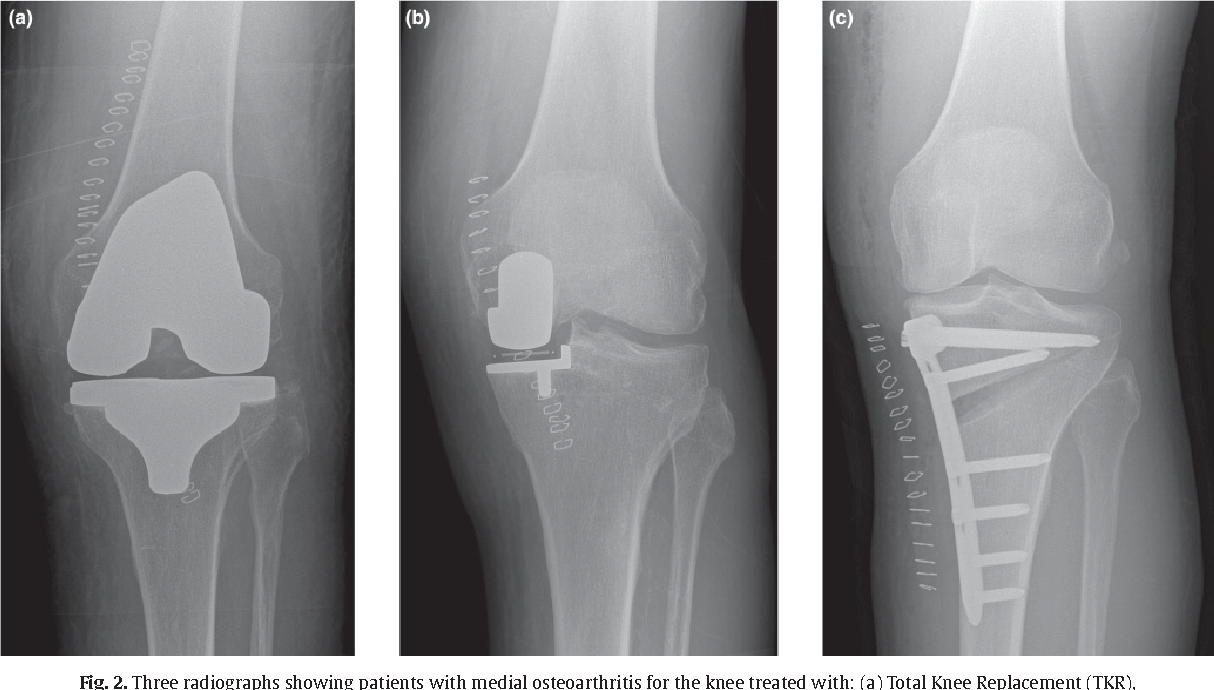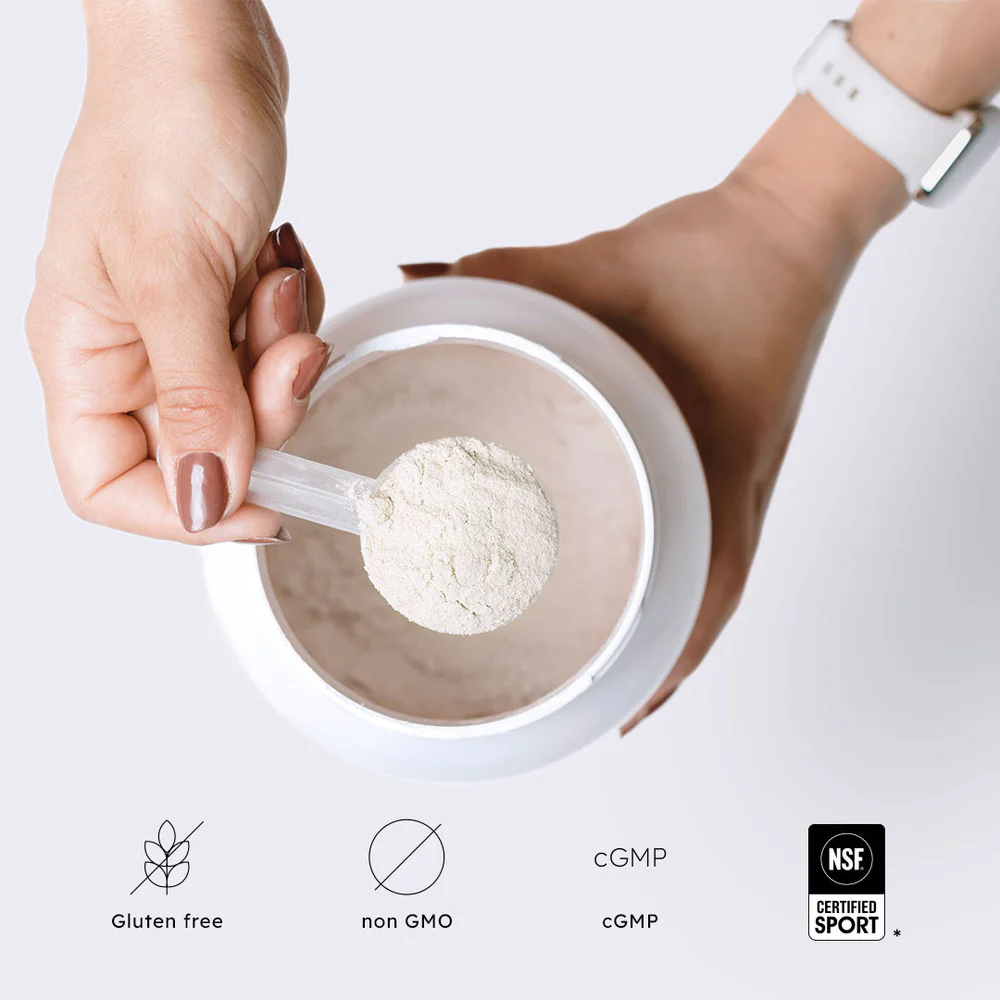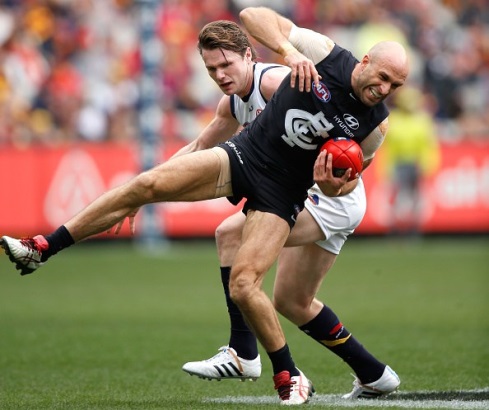Effective Ways to Manage Pain After Knee Surgery
Recovering from knee surgery—whether it's a total knee replacement or an ACL reconstruction—can be a challenging journey.

Effective Ways to Manage Pain After Knee Surgery
Recovering from knee surgery—whether it's a total knee replacement or an ACL reconstruction—can be a challenging journey. Pain is a natural part of the recovery process, but thanks to advances in modern orthopaedic care, there are several evidence-based strategies to help manage pain effectively and enhance recovery.
In this article, we’ll explore the full spectrum of pain management options after knee surgery, combining the latest research with practical tips for patients and carers.
1. Multimodal Analgesia: A Modern Gold Standard
Multimodal analgesia refers to using a combination of medications and techniques that target pain through different mechanisms. This approach is now widely recommended in both total knee arthroplasty (TKA) and anterior cruciate ligament (ACL) reconstruction recovery.
Key components include:
- Paracetamol: Forms the backbone of baseline pain control.
- NSAIDs (e.g., celecoxib or ibuprofen): Help reduce inflammation and provide synergistic pain relief.
- Opioids (e.g., oxycodone): Reserved for breakthrough pain due to their risk of side effects and dependency. Short-term use is recommended.
- Gabapentinoids (e.g., pregabalin): May help reduce neuropathic pain and opioid use, though evidence is mixed and patient-specific.
📖 Research Insight: Studies have shown that multimodal analgesia significantly reduces opioid requirements and improves early mobility after TKA (Khan et al., 2020).
2. Cryotherapy: Cooling for Comfort and Recovery
Cryotherapy, or cold therapy, has become a cornerstone of post-op care. Devices like the RE3 compression system combine cold with compression to:
- Reduce pain and swelling
- Improve early range of motion
- Minimise the need for opioids
📖 Research Support: A 2020 systematic review concluded that cryotherapy can reduce post-operative pain scores and opioid consumption in knee surgery patients (Murray et al., 2020).
3. Bracing and Compression
While not always required, knee braces after ACL reconstruction and compression bandaging after TKA can help reduce swelling and pain in select patients. However, prolonged bracing may hinder mobility, so usage should be tailored to the surgeon’s protocol.
4. Early Physiotherapy and Movement
It may seem counterintuitive, but early mobilisation under the guidance of a physiotherapist is one of the most effective pain management strategies.
- Movement improves joint lubrication, reduces stiffness, and enhances circulation
- Helps prevent complications such as blood clots and joint contracture
📖 Evidence: Early mobilisation within 24 hours post-TKA is associated with shorter hospital stays and better long-term outcomes (Guerra et al., 2015).
5. Psychological Support and Mindfulness Techniques
Pain perception is influenced not just by physical factors, but also by psychological ones. Anxiety, depression, and fear can all amplify pain.
- Techniques like guided relaxation, meditation, and breathing exercises can help
- In some patients, cognitive behavioural therapy (CBT) may be helpful in managing chronic post-surgical pain
📖 Research Note: Psychological interventions have shown to reduce pain intensity and improve coping post-surgery (McCracken et al., 2013).
6. Nutritional and Lifestyle Support
- Good nutrition, hydration, and sleep all support tissue healing and modulate pain.
- Avoiding smoking and alcohol is critical for optimal surgical recovery.
- Supplements like vitamin D, omega-3s, and collagen may aid tissue repair (though more research is needed in surgical populations).
Summary: A Team Approach to Pain Management
Pain after knee surgery doesn’t have a one-size-fits-all solution. It requires a multimodal approach, personalised to each patient’s needs and risks. Combining medications, cold therapy, physiotherapy, and psychological support provides the best path to a smooth, safe, and successful recovery.
At Perth Orthopaedic and Sports Medicine Centre, we’re committed to using the most up-to-date, evidence-based pain management strategies to ensure our patients recover quickly, comfortably, and confidently.




